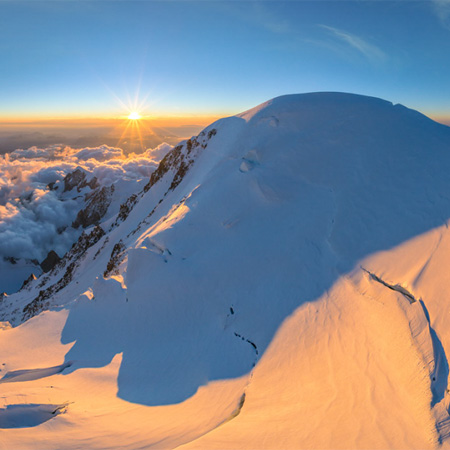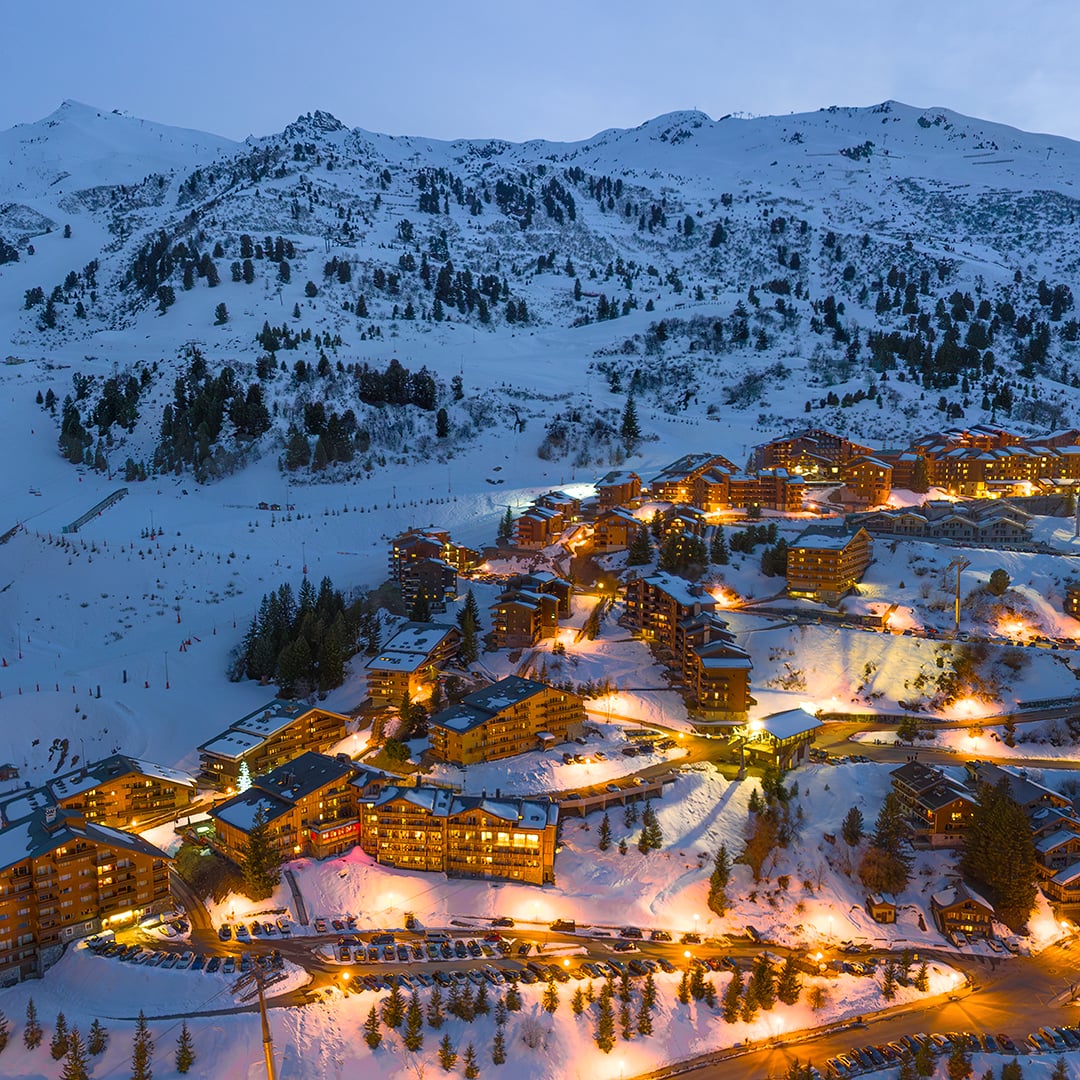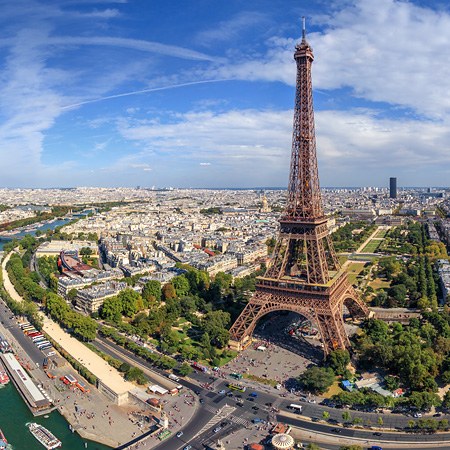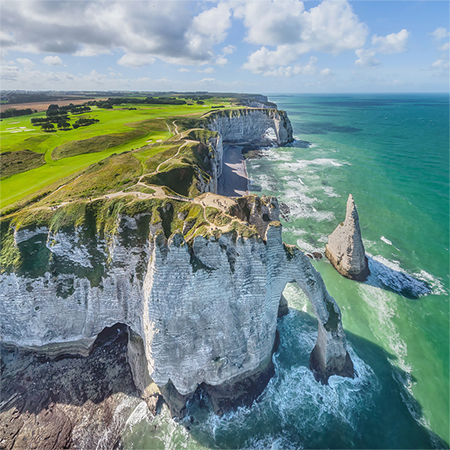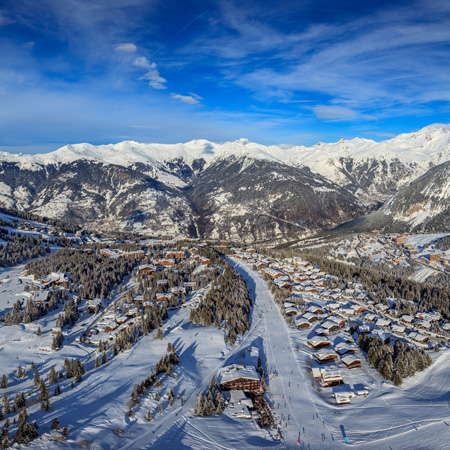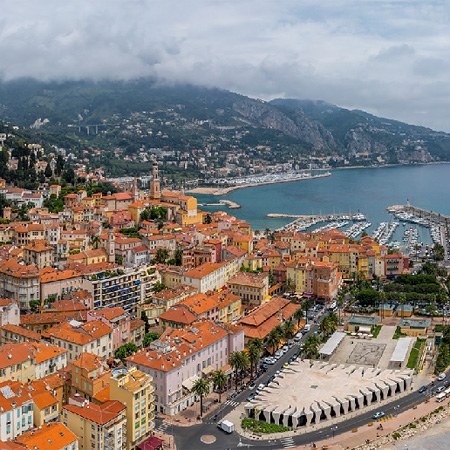Mont Blanc, Italy-France. Part III
We continue our introduction of the Mont Blanc rocky massif. The first and the second parts of the flight to the top were published some time ago and today we present you the third part of the video – flying over the Mont Maudit.
Originating from the French cost of the Mediterranean, not far from Nice, and stretching all the way through the territory of Switzerland, Italy, former Yugoslavia, Germany and Austria, with its end near the Pannonian plain, the Alps are the greatest and most famous mountain range of Europe.

Mont Blanc, being both a separate mountain and a mountain range stretching throughout 50 kilometers, is situated in the very heart of the Alps. The officially recognized altitude of the mountain is 4810 meters, even though it is not stable. Within the period between 2003 and 2007 the height gained 55 centimeters, and two years afterwards it decreased by the same amount. The latest measurements carried out by French scientists in 2015 estimated the altitude to be 4808 meters above sea level. Such deviations are the results of rock movement and ice melting. In spite of all this, Mont Blanc is still the highest point in Europe.

However, even this chart rating may be disputed. The point is that the famous Elbrus measured 5642 meters is situated on the border between Europe and Asia. Thus, when it is referred to Asia, Montblanc is truly the highest peak in Europe, but in case Elbrus belongs to Europe, Montblanc moves to the second place.

As well as Elbrus, Montblanc lies on the border, separating France and Italy. From both languages (Mont Blanc and Monte Bianco) the name is translated as "the White Mountain". Actually, even now the countries can not clarify the ownership of this great natural monument. Formerly, the entire mountain was within the Duchy of Savoy. Later, in 1723 it became a part of the Kingdom of Sardinia. Within the period of the up-coming wars, these lands were continuously passing from one to the other side. In 1861 a demarcation agreement was signed defining Mont Blanc as the border between France and Italy.

The 1860 act and attached maps are still legally valid for both the French and Italian governments. However, due to the development of tourism, both countries are eager to gain the most profitable sections of the mountain surface. And it can't do without some amusing incidents: in 2015 both Italian and French representatives regularly shifted the border-marks up to 100-150 meters, sometimes even using bulldozers.
The first mention about of the Mont Blanc ascent is dated 8 August 1786. Since then the closest towns of Courmayeur (Italy) and Chamonix (France) have been servicing thousands of tourists coming for mountaineering and alpine skis (maybe "skiing"?). In 1965 a tunnel with a length of 11 kilometers carved through Mont Blanc was inaugurated. Connecting two countries, the tunnel has an average traffic of 5000 vehicles per day.

One more outstanding peak of the Mont Blanc Massif is Mont Maudit having the altitude of 4465 meters and separating Rhône-Alpes region in France from the Aosta Valley located in Italy. According to local legends appeared back in the Roman period, the steep gorges of this area were inhabited by spirits and daemons, who used to push huge ice blocks off the slopes while witches were dancing on the top of the mountain. English map-maker and traveler William Windham, who had been exploring this area in the beginning of the 18th century, was so impressed by the ancient myths that until the end of the century Mont Blanc and its satellite peaks were collectively known in French as the Montagne Maudite (Cursed Mountain).

The name of the 3842-meters peak Aiguille du Midi literally translates from French as the "peak of the noon". You'll understand its name when viewed from Chamonix: it almost indicates noon when the sun passes over its summit.

The peak of Petit Dru with the altitude of 3733 meters is considered to be one of the most beautiful and challenging to ascent peaks in the Alps. On the whole, being situated on the territory of three countries — Italy, France and Switzerland — the Mont Blanc Massif has 57 peaks with the smallest one having the altitude of 2374 meters. Though very few of us can success in climbing the mountains, still one can visit the Alps without leaving home — by simply watching our panoramas or 360° video.
Photos and video by Ivan Roslyakov
17 January 2017
Read more
Virtual Travels in 360°
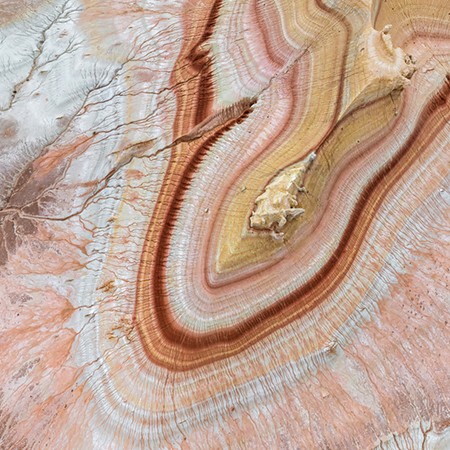 Mangyshlak, Kazakhstan. Boszhira and Kyzylkup
Mangyshlak, Kazakhstan. Boszhira and Kyzylkup
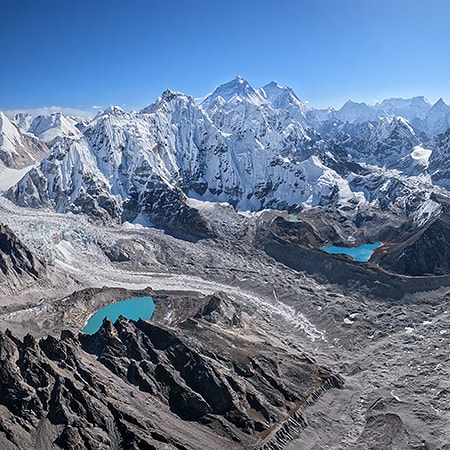 Everest, the highest mountain in the World
Everest, the highest mountain in the World
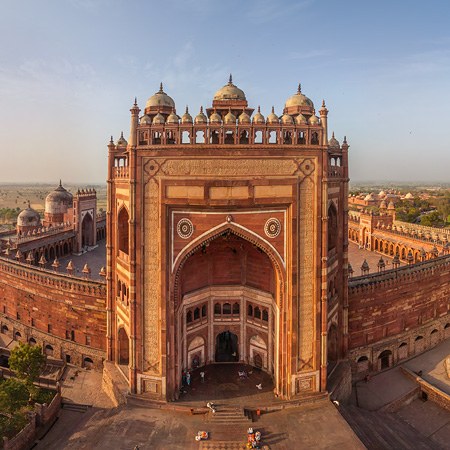 Fatehpur Sikri, Agra, India
Fatehpur Sikri, Agra, India
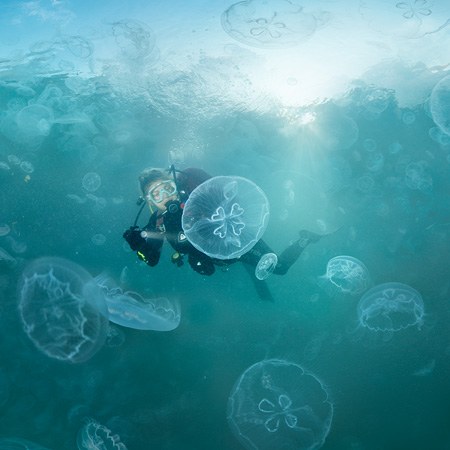 Jellyfish Bay, Raja Ampat, Indonesia
Jellyfish Bay, Raja Ampat, Indonesia
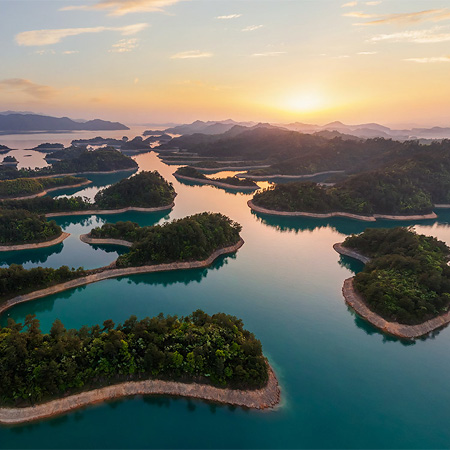 Thousand Island Lake, China
Thousand Island Lake, China
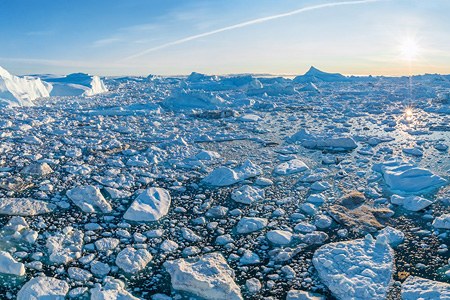 Icebergs of Greenland. Part I
Icebergs of Greenland. Part I
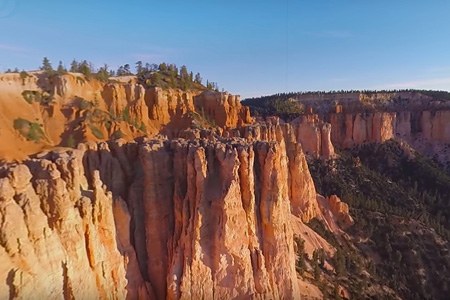 Bryce Canyon, USA. Part I
Bryce Canyon, USA. Part I
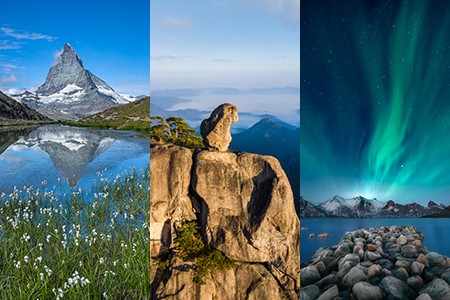 Around the World. The Best in 8K
Around the World. The Best in 8K
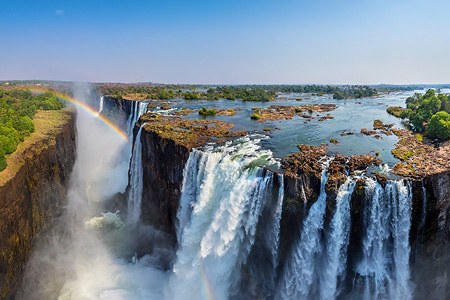 Victoria Falls, Zambia-Zimbabwe. Part I
Victoria Falls, Zambia-Zimbabwe. Part I
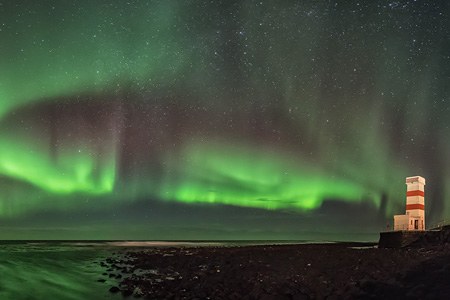 Polar lights in Iceland
Polar lights in Iceland
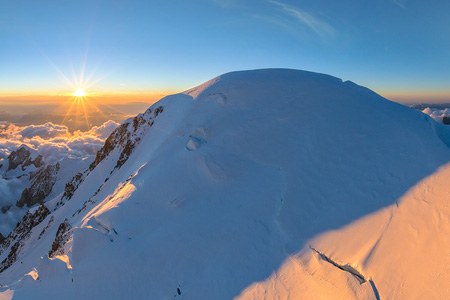 Mont Blanc, Italy-France. Part IV
Mont Blanc, Italy-France. Part IV
Show more




